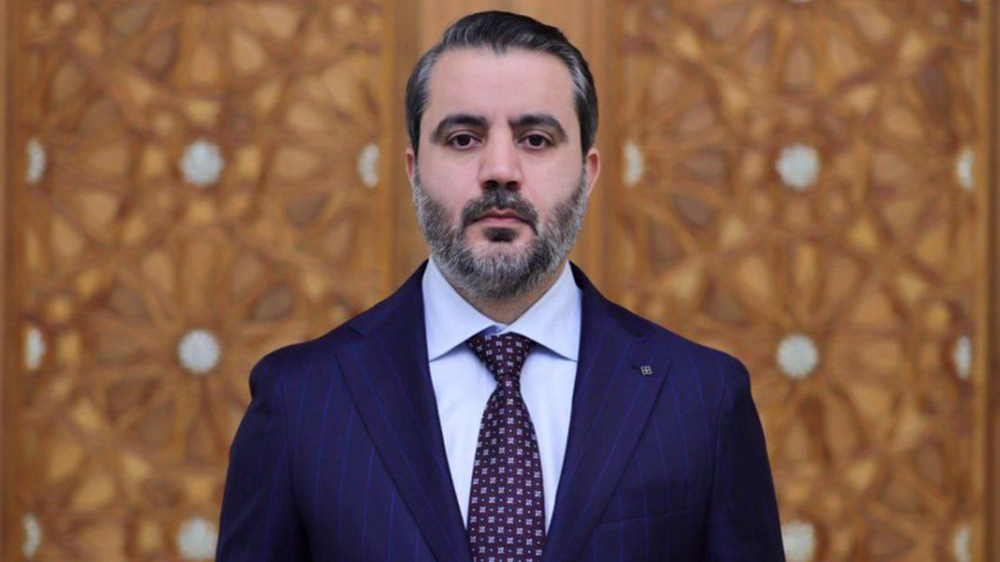Lebanon’s Aoun urges world powers to facilitate Syrian refugees repatriation
Lebanese President Michel Aoun has urged world powers to “make all efforts” to help the repatriation of Syrian refugees as Syrian forces continue to liberate the country from the clutches of foreign-sponsored Takfiri terrorist groups.
“Lebanon calls on the international community to make all efforts possible and provide suitable conditions for a safe return of displaced Syrians...,” Aoun told an Arab economic summit in Beirut on Sunday, noting that Lebanon would suggest solutions for safe refugee returns in the meeting's final statement.
Lebanon’s official National News Agency reported on December 24 last year that more than 1,000 Syrian refugees had returned to their homeland from various areas in the neighboring country.
The return of refugees took place in the southern Lebanese cites and districts of Tripoli, Arsal, Tyre and Nabatieh, and under the supervision of Lebanon's General Security in cooperation with the United Nations High Commissioner for Refugees (UNHCR).
Refugees returned home using buses sent by Syrian authorities and arrived at al-Zamrani, Jdeidat Yabous, al-Dabbousiya border crossings from Lebanese territories.

The refugees underwent medical checks and polio vaccines were administered to children. They were then transferred to Syria’s northern and central provinces of Idlib and Homs in addition to other areas in the crisis-stricken Arab country.
More than 1,000 Syrian refugees returned to their homeland from different areas in Lebanon, including Nabatieh, Bekaa, Tripoli and Shabaa on December 16, 2018.
Arabic-language Elnashra online independent newspaper reported that the return of refugees took place under the supervision of Lebanon's General Security Directorate in cooperation with the Lebanese army.
More than one million Syrian refugees are registered with the United Nations High Commissioner for Refugees (UNHCR) in Lebanon.
The Beirut government estimates that the true number of Syrians in Lebanon stands at 1.5 million.
VIDEO | Yemenis praise the military for its successful operations against Israel
VIDEO | Israel continues to bomb Gaza homes
VIDEO | An insider's view of the country: Meybod City in Yazd
‘All wars have rules. All of those rules have been broken’ by Israel
VIDEO | Report flags India’s violation of rights of Rohingya detainees
Turkey's foreign minister meets Syria's de facto leader in Damascus
VIDEO | US Syria plots
'Next to impossible' to rescue patients from Gaza's Kamal Adwan Hospital: Director
















 This makes it easy to access the Press TV website
This makes it easy to access the Press TV website